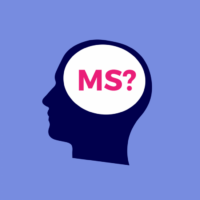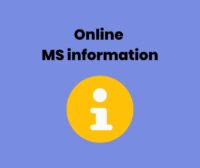
Do you want to enhance your resilience through these difficult times, rediscover strengths and increase your ability to cope?
Hope For The Community CIC are running a group self-management programme for people living with MS to improve their wellbeing. The programme was co-created with people living with MS, healthcare professionals and researchers at Coventry University to make sure it is rooted in science.
- Free 6 week course starting from 19 April
- Facilitated by trained community volunteers with lived experience of MS
- Learn whenever you like, at a pace that suits you.
- Learn wherever you like. You can access the Programme on desktop, tablet or smartphone.
- You can learn whatever you like. If you do not enjoy some of the content or activities, just skip it or bookmark it and come back to it later.
- Share and learn from each other. We all have a story to share and we learn best with others. If you want to, make sure you join in the page discussions, forum topics and by liking and commenting on others posts.
- Online sessions covering topics such as fatigue management, physical activity, healthy eating, stress management and more
If you are interested in signing up, please visit the Hope for the Community website







